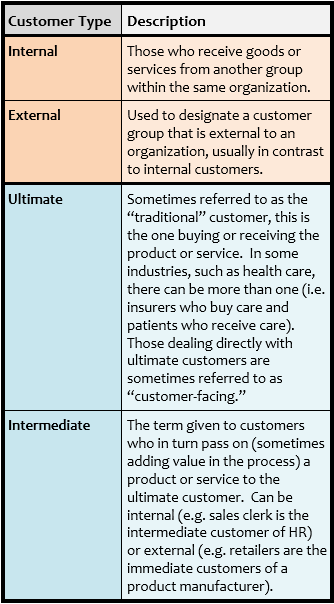The Supply Chain in Exemplary Service
Front Line Heroes: During unanticipated events such as the current Virus Outbreak, those working directly with customers face even more stress and challenging circumstances than usual. We are inspired by how they rise to the occasion with patience, creativity, and extraordinary efforts, earning our admiration and thanks. Their abilities to meet the challenge are often fueled by their experience with, and knowledge of, their customer’s needs, but also their finely tuned listening skills, which are invaluable as customer needs change.
Behind the Scenes Support: While the front line staff are earning the admiration of your external customers (and you), there are other staff helping make that possible. Indeed, most front line staff that I have had the opportunity to work with readily cite the importance of the support they receive both routinely, and during unforeseen events, from internal work groups or departments. Those internal team members may not be considered “customer facing” with regard to your external or ultimate customer. However, their efforts to meet, surpass, and even anticipate the needs of their immediate customer, the front line staff, can make a big difference in the experience of your external or ultimate customer.
Confused by all this “customer” the jargon? See the side bar at right for the different types of customers in play at most organizations.
Another Valuable “Voice”: In fact, the producing group or department may only have internal customers. They may have little or no direct contact with the more commonly thought of external customers of the organization. However, just like a department that deals directly with external customers, these internal departments should develop a series of listening posts to have current knowledge of, and to even be able to anticipate, the needs of their internal customers. Even better, these internal departments can combine knowledge of internal and external customer needs to clarify process and output relationships and to understand their own role in the value stream.
Different Roles, Same Goal: If these internal groups or departments did not support their customer departments well, those departments would be seriously hampered in their efforts to meet and exceed the expectations of the external customers. Think about the critical role of human resources talent development in building the skills and abilities of all staff to deliver great customer service. Or, consider the importance of information services in providing the reports and data used by the workforce for daily operations and needed by management to make decisions.
Both front-line staff and those supporting them behind the scenes benefit from ongoing customer feedback. This feedback can serve a variety of purposes including assessing the impact of process improvements to detecting problems in service delivery. But customer feedback is also critical in special or unique situations, including unforeseen events. Used this way, it can help identify how customer needs or expectations may be changing. Whether it is routine satisfaction ratings or feedback related to an unforeseen event, there are a variety of “Listening Posts” that can be used to obtain the desired information. The best one depends on what you are trying to learn.
Chain Reaction: When each work group or team tunes in to their respective customer’s feedback and needs, the end result is a great service experience for your traditional, ultimate customers. So the next time you learn about, or even personally have, a great (or disappointing) customer experience, look beyond the “front line” employees. I’ll bet one or more internal groups deserve some of the credit (or blame), and it probably has to do with how well they listen to the voice of their internal customers.
If you would like help mapping out your various customers and their respective relationships, or implementing effective listening posts for any of them, contact me at our convenience.
Jeff

Leave a Reply
Want to join the discussion?Feel free to contribute!